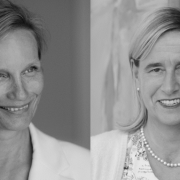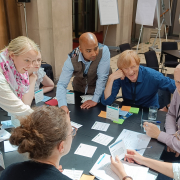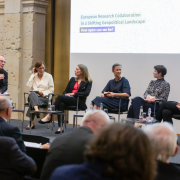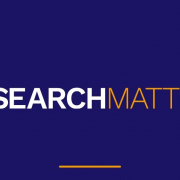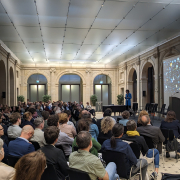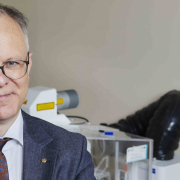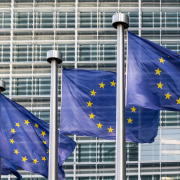Job Opening: Senior Communications Officer (Full-Time)
ALLEA is currently seeking an experienced and versatile Senior Communications Officer (full-time) to join our team in Berlin for the duration of two years, extension desirable, on 1 October 2024 or earlier.
Role and responsibilities
The Senior Communications Officer leads on all ALLEA communications activities and is responsible for developing and implementing communication strategies to promote ALLEA’s mission and activities to various stakeholders, including the academic community, policymakers, and the public. In particular, tasks of the Senior Communications Officer include:
- Develop, implement and monitor ALLEA’s communications strategy and brand to increase visibility and impact;
- Effectively produce, manage and coordinate communications measures and activities (e.g., publications, websites, social media, newsletters);
- Create and edit content for websites, brochures, news articles, press releases; manage layout, format and graphic design of these products;
- Handle media queries, initiate and maintain relationships with relevant journalists and media;
- Organise and manage public events, workshops, webinars, online meetings and conferences to engage with stakeholders and the public;
- Engage in horizon-scanning of relevant public and media debates, to identify current and upcoming opportunities for effective communication.
Skills and experience
- Master’s degree in a relevant subject (ideally in e.g., communications studies, journalism, public relations, graphic design, marketing);
- At least 4-5 years of experience in communications, preferably in a non-profit and/or academic setting;
- Excellent writing, editing, and proofreading skills; experience in science publishing is an asset.
- Native-speaker-level proficiency in English, orally and in writing; other foreign languages skills are an asset;
- Experience and/or familiarity with relevant software, apps, and CMS especially Adobe InDesign, Canva, and WordPress;
- Proficiency in managing social media profiles (especially LinkedIn);
- Experience in organising public events (physical, hybrid, digital);
- A quick learner and team player with a keen eye for detail who appreciates working in an international team and environment;
- Interest in the areas of expertise of ALLEA (international scientific collaboration, science communications, research policy, scientific advice to policymaking, etc.) is desirable.
Why join us
ALLEA e.V. is the European Federation of Academies of Sciences and Humanities, representing more than 50 academies from 40 EU and non-EU countries. ALLEA e.V. operates at the interface of science, policy and society and acts on behalf of its members to promote science as a global public good, facilitate scientific collaboration across borders and disciplines, improve the conditions for research, provide the best independent and interdisciplinary science advice, and strengthen the role of science in society.
You will be part of an international and dynamic team working in the centre of Berlin. As a not-for-profit organisation, our working environment is informal and collegial, and our team shares a dedication to work for a common greater good. This position offers the flexibility of combining working in the office and remotely.
The monthly gross starting salary (including annual extra payment pro-rata) for this position ranges between 4.000 – 4.500 € depending on the level of qualifications, skills and previous experience. The employment contract will follow the conditions and regulations of the German civil service tariff TV-L.
ALLEA e.V. is an equal opportunity employer. For more information about us, please visit www.allea.org and/or follow us on LinkedIn.
How to apply
If you are interested, please submit your digital application with a cover letter, CV, an example of a short written text (in English), a sample of a graphic design work, and relevant references or corresponding certificates as one single PDF document (3 MB max.) to recruitment@allea.org as soon as possible. Applications will be processed on a rolling basis.


